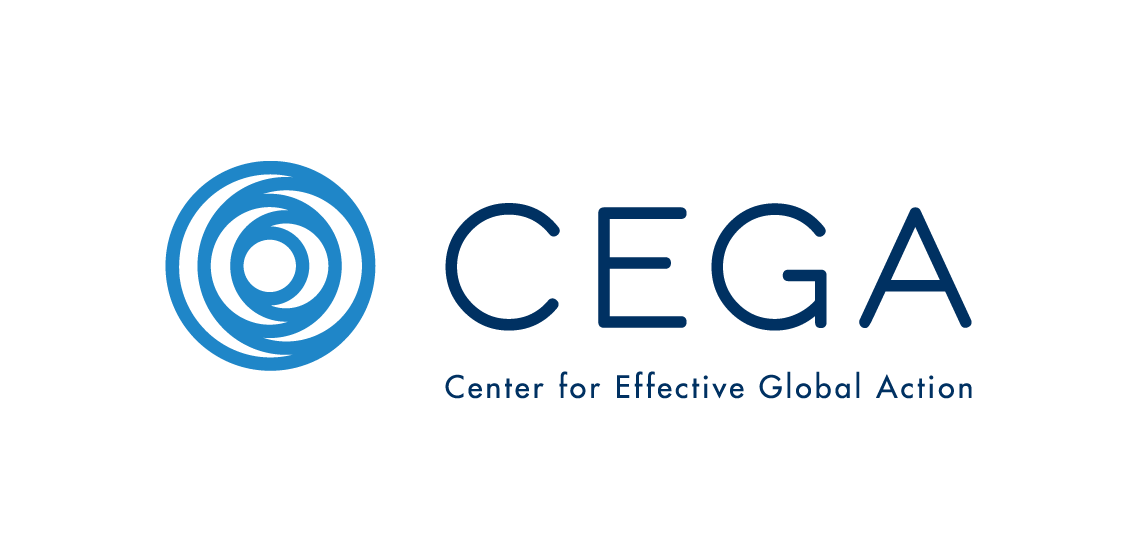Monitoring and Evaluation Approach
Educate!’s teams leverage iterative learning and continuous evaluation to build scalable, cost-effective, and sustainable solutions that can improve economic and life outcomes for young people across Africa.
Employment
Income
Business Ownership
Gender Equity and Agency
Our research methodology relies on periodic rigorous external evaluations, such as randomized control trials (RCTs), to measure medium- and long-term outcomes, coupled with rapid evaluation methodologies that generate faster estimates of impact to inform learning and help us continuously improve. As a model advances in maturity — from ideation to scale — we increase the level of evaluation rigor, ensuring research gives us the insights we need to drive impact for youth.
We also conduct ongoing performance monitoring on key metrics to manage the quality of model delivery and implementation, ensuring our approach continues to deliver the greatest impact.
Alongside rigorous external evlautions, Educate! Educate! utilizes a Rapid Impact Assessment System (RIA) to facilitate continuous learning and generate faster estimates of impact on our approach.
This system enables teams to run ‘rapid’ learning cycles that link changes in model design and delivery to real-time impacts on youth — making critical connections between model design, delivery, and short- and medium-term outcomes for young people.
Where an external evaluation can often take years to return results, the RIA system can provide rapid insights on how an intervention is shifting outcomes in just a few months, answering the critical question, “Is this working the way we intend?” The RIA system has become a platform to support A/B and hypothesis testing, as well as controlled evaluations.
By testing a model early in development, learning from the results, and adapting, we make important decisions that maximize impact for youth.
Educate! has partnered with leading researchers and institutions, such as the University of California‑Berkeley, the World Bank, and Innovations for Poverty Action, to rigorously evaluate our approach, continuously learn and strengthen our solutions, and contribute to a global body of evidence improving young people’s economic livelihoods.










